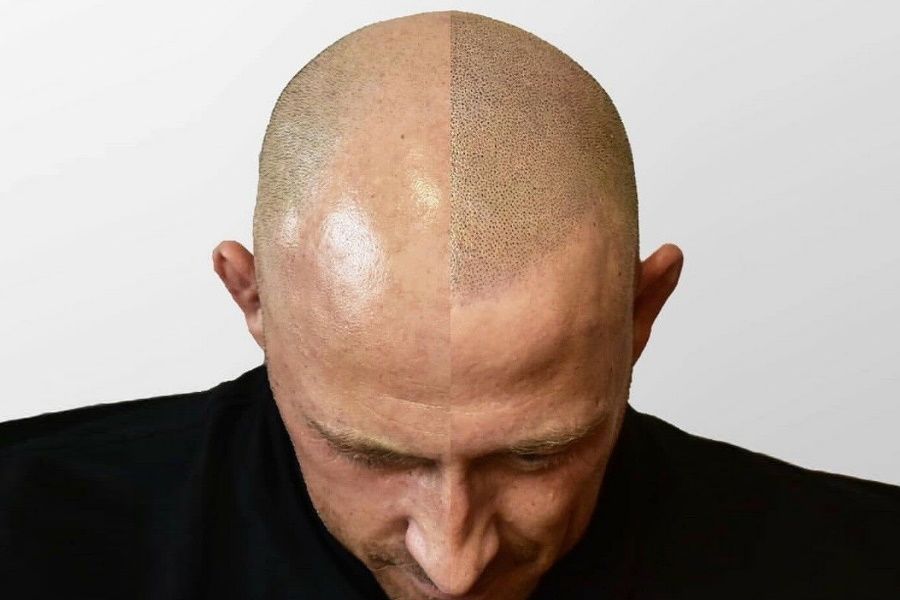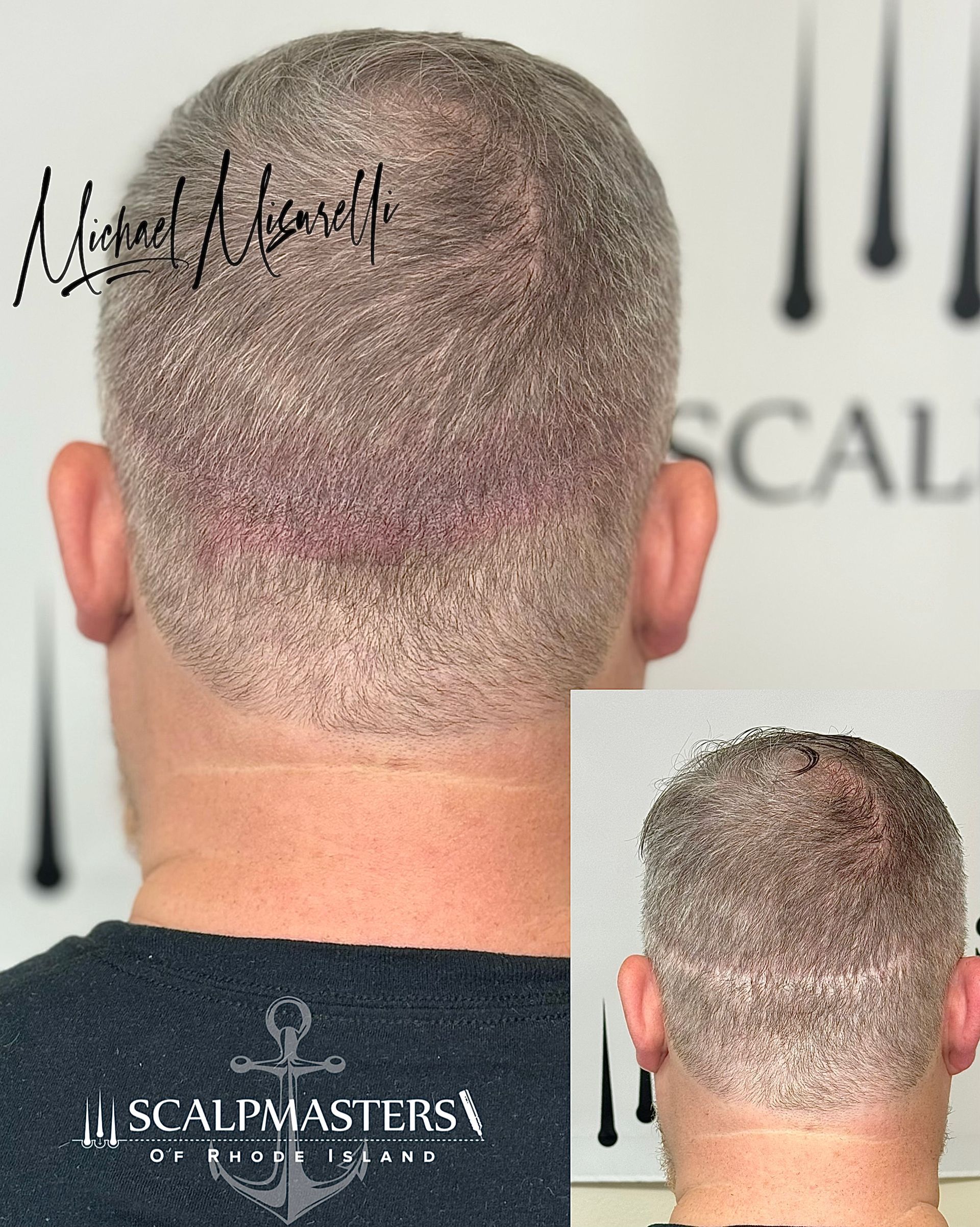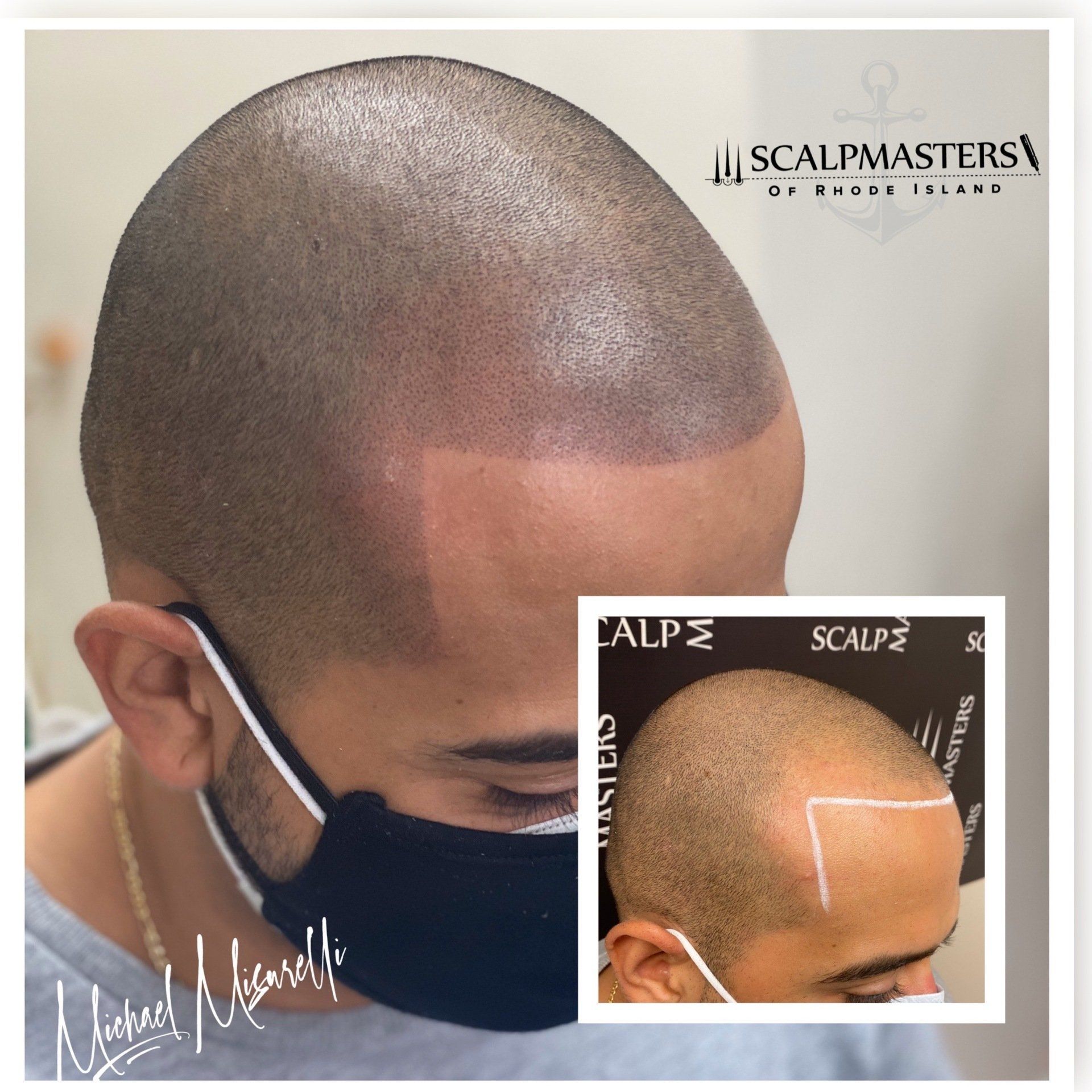Rheumatoid Arthritis and Hair Loss: Causes, Effects, and Treatment
Rheumatoid arthritis (RA) is a well-known autoimmune disorder that affects joints but has repercussions throughout the entire body. One of the most overlooked side effects is its potential impact on hair health.
Hair loss, though not a direct symptom of RA, can emerge due to the disease itself or its treatments. So, does rheumatoid arthritis cause hair loss? There are a lot of important points to keep in mind, remember that you do not have to go through this process alone. There are experts to learn to helping hand to those in need.
Understanding Rheumatoid Arthritis: A Brief Overview
Rheumatoid arthritis is an inflammatory autoimmune disease in which the immune system attacks the body's tissues. This primarily affects the joints, leading to swelling, pain, and potential joint deformity over time. RA can also impact other systems in the body, creating a range of symptoms outside the joints. Understanding the broader effects of RA is essential in contextualizing its association with hair loss.
While the root cause of RA remains unknown, factors like genetics, environment, and hormones likely play a role. The condition affects women more than men and can occur at any age, though it's most common between the ages of 30 and 60. Early detection and treatment are vital, as RA can lead to joint damage and even organ failure in severe cases.
With its systemic nature, RA may lead to complications like cardiovascular disease, lung issues, and osteoporosis. In addition, the chronic inflammation resulting from RA is detrimental, often causing fatigue and general weakness. Coping with these physical challenges can also lead to mental health concerns like depression and anxiety. That is why it is important to take a well-rounded approach to the treatment of rheumatoid arthritis.
Can Rheumatoid Arthritis Cause Hair Loss?
The direct link between RA and hair loss is intricate and multifaceted. While RA itself might not directly lead to hair thinning, the stress and systemic inflammation it induces can contribute. This inflammation may disrupt the hair growth cycle, leading to increased hair fall and decreased hair production. As a result, the stress of managing a chronic illness may exacerbate hair loss.
It's also crucial to differentiate between hair thinning and hair shedding. With RA, patients might experience both, though the patterns and causes may vary. Alopecia, a condition where hair falls out in small patches, can coexist with autoimmune diseases like RA. Thus, RA patients might be more susceptible to such conditions. Many believe that alopecia areata is an autoimmune disease, but depending on why your hair might fall out, hair regrowth could still be possible in people with RA.
Finally, your general health also plays a role in hair health. Malnutrition, for instance, can be a side effect of RA, and this can further impact the strength and vitality of hair. Similarly, systemic issues caused by RA, like imbalances in hormones or immune responses, can have indirect effects on hair health. That is why a lot of experts recommend that people with rheumatoid arthritis take folic acid supplements.
The Link Between Rheumatoid Arthritis Medications and Hair Loss
Many medications prescribed for RA come with potential side effects, and hair loss is sometimes among them. For instance, methotrexate, a commonly prescribed RA drug, can lead to hair thinning in some patients. This effect, however, is typically reversible once the medication is discontinued or the dosage adjusted.
Another RA medication, leflunomide, has also been associated with hair loss in certain individuals. It's essential for patients to communicate any side effects to their doctors, as adjustments can often get rid of unwanted side effects. In some cases, supplementary treatments might be recommended to counteract the hair loss caused by RA medications.
Biologics, another class of RA drugs, have revolutionized RA treatment but come with their own set of potential side effects. While hair loss isn't commonly associated with biologics, every individual's reaction varies. As with all medications, ongoing communication with healthcare professionals is vital.
Treatments to Counteract Hair Loss in Rheumatoid Arthritis Patients
Addressing RA-induced hair loss starts with understanding its root cause. If medications are the primary culprits, a consultation with a rheumatologist can offer alternative treatment plans. They might adjust dosages or suggest switching to a different drug that might be more compatible with the patient's system. For example, a disease-modifying antirheumatic drug is often recommended.
Topical treatments, such as minoxidil, can be effective in promoting hair growth for some individuals. This over-the-counter solution can stimulate hair follicles, aiding in regrowth over time. However, it's vital to discuss such treatments with a healthcare professional to ensure they don't interact negatively with RA medications.
Apart from medical interventions, gentle hair care practices can minimize additional hair loss. This includes avoiding tight hairstyles that cause traction alopecia, reducing heat styling, and using mild hair care products. Nourishing the hair from within by maintaining a balanced diet and staying hydrated can also play a significant role.
Strategies for Managing and Preventing Hair Loss in RA Patients
Awareness is the first step in managing and preventing hair loss in RA patients. Recognizing the potential link between RA, its treatments, and hair health allows for early intervention. Regular scalp massages can stimulate blood flow, promoting healthier hair growth and potentially reducing hair fall.
Maintaining overall health can indirectly benefit hair health. This includes managing stress, which can exacerbate both RA symptoms and hair loss. Practices like meditation, yoga, or even regular exercise can reduce stress levels and positively impact overall well-being.
It's also essential to have regular check-ups with a dermatologist, especially if hair loss becomes a concern. They can offer specific solutions, treatments, or interventions based on individual needs. Similarly, keeping an open dialogue with rheumatologists can ensure that RA treatments align with a patient's holistic health concerns. Finally, do not hesitate to reach out to an expert who can discuss your treatment options, as it might be possible to help your hair regrow.
Trust Scalpmasters of Rhode Island for Help With Rheumatoid Arthritis Hair Loss Treatment
At Scalpmasters of Rhode Island, we understand the unique challenges that RA patients face. While RA can lead to hair loss, there are treatment optoins available. Our team of professionals offers personalized solutions tailored to your specific needs. With our expertise, we aim to restore confidence and boost overall well-being for those navigating the complexities of RA and hair health.
Hair loss doesn't have to be an added burden. Trust in Scalpmasters of Rhode Island to provide you with the care and expertise you need. Let us be your partners in managing RA-induced hair loss, ensuring you look and feel your best every day. If you experience hair loss for any reason,
give us a call to schedule an appointment.
Learn More
What's New
Latest Hair Loss Solutions & Guides




